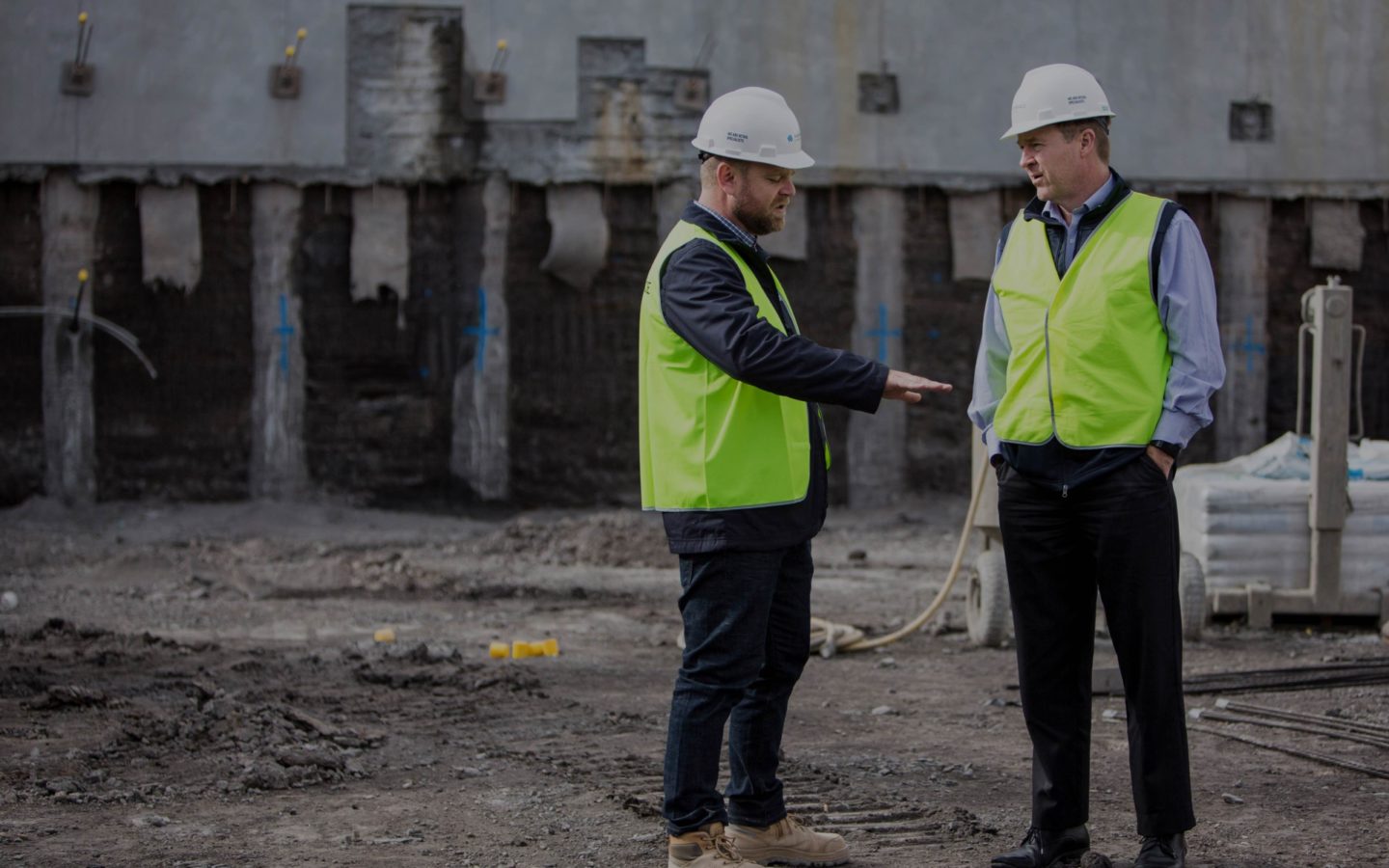Progressive cavity pumps, often referred to as PC pumps, have become a cornerstone in various industries due to their unique design and versatility. These pumps are exceptionally effective for challenging tasks where other pump types may fall short. In this article, we’ll explore what makes progressive cavity pumps so effective and the range of applications where they shine.
What are Progressive Cavity Pumps?
A progressive cavity pump is a type of positive displacement pump. It consists of a helical rotor and a stator. The rotor is typically made from metal, while the stator is made from a flexible material like rubber. As the rotor turns within the stator, it creates cavities that move materials through the pump. This unique design allows for the handling of a wide range of fluid viscosities and solids without losing efficiency.
Versatility in Fluid Handling
One of the most significant advantages of progressive cavity pumps is their ability to handle various fluids. From water-like liquids to thick, viscous substances like sludge or even semi-solid materials, these pumps operate efficiently. This versatility makes them ideal for industries like wastewater treatment, food and beverage, chemical processing, and oil and gas.
Gentle on Sensitive Materials
In industries where shear-sensitive materials are handled, like in food processing or pharmaceuticals, maintaining the integrity of the product is crucial. Progressive cavity pumps move materials gently and steadily, preventing degradation or emulsification. This characteristic ensures that the quality of the product remains unchanged from inlet to outlet.
High Pressure and Accuracy
Another notable feature of PC pumps is their ability to operate under high-pressure conditions. They can maintain a consistent flow rate, making them ideal for applications that require precise metering and dosing. Industries that require exact amounts of fluid delivery, like chemical dosing in water treatment plants, benefit greatly from this precision.
Handling Solids and Abrasives
Progressive cavity pumps are also capable of handling fluids with solids or abrasive particles. Their design allows solids to pass through without causing significant wear and tear on the pump. This feature is particularly useful in industries like mining, where slurry (a mixture of solid particles and water) is commonly transported.
Low Maintenance and Downtime
The simple design of progressive cavity pumps results in fewer moving parts compared to other pump types. This simplicity translates to easier maintenance and a lower likelihood of mechanical failure. Additionally, the rotor and stator can be replaced without disassembling the entire pump, reducing downtime and maintenance costs.
Energy Efficiency
Efficiency is a key concern in any industrial operation. Progressive cavity pumps are designed to minimise energy consumption while maintaining a high level of performance. This efficiency is particularly beneficial in continuous operation applications, leading to significant cost savings over time.
Wide Range of Applications
The unique characteristics of progressive cavity pumps make them suitable for a wide range of applications. In the environmental sector, they are used for pumping sludge, sewage, and waste. In the food industry, they handle products like sauces, pastes, and dairy products. In the oil and gas industry, they are used for pumping crude oil, drilling mud, and even for artificial lift.
Finally, progressive cavity pumps are a versatile and efficient solution for many challenging industrial tasks. Their ability to handle a wide range of fluid viscosities, maintain high-pressure and flow accuracy, and operate with minimal maintenance makes them a valuable asset in various industries. As technology advances, we can expect progressive cavity pumps to become even more efficient and integral to industrial operations. Whether it’s handling sensitive materials in the food industry or pumping abrasive slurries in mining, progressive cavity pumps prove to be an effective and reliable choice.



